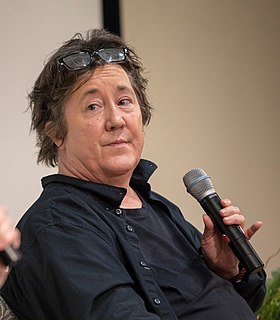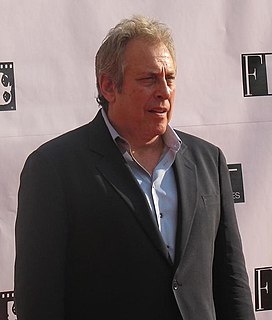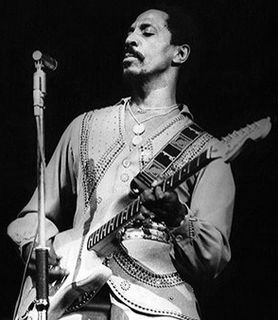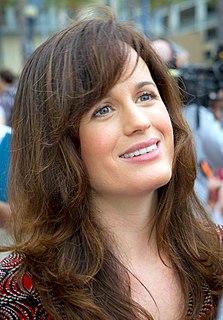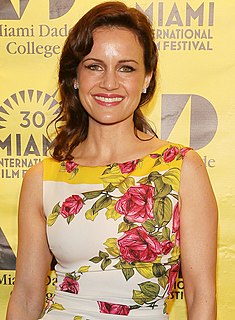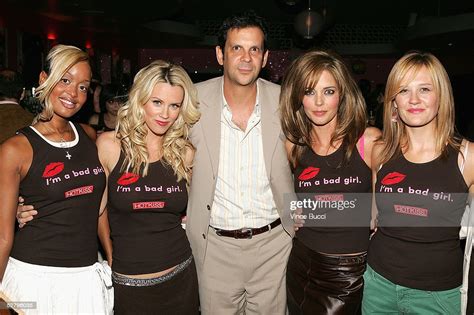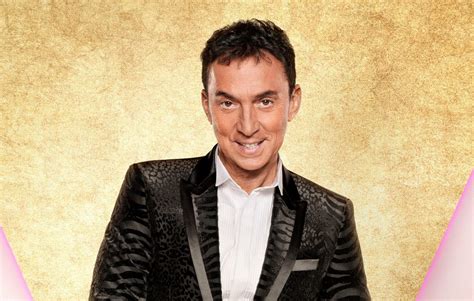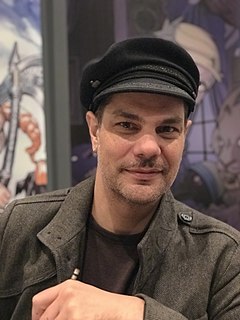A Quote by Christine Vachon
Ultimately when I throw myself behind a movie, I have to really believe in that directors vision.
Related Quotes
You have to accept that the moment you hand a script to a director, even if you've written it as an original script, it becomes his or her movie. That's the way it has to be because the pressures on a director are so staggering and overwhelming that if he or she doesn't have that sort of level of decision making ability, that sort of free reign, the movie simply won't get done. It won't have a vision behind it. It may not be your vision as a screenwriter, but at least it will have a vision.
My teachers believe that the creative producer's job is to service the vision of the director, to stay within schedule and budget, and to get the studio what they need, but you work for the director to get their vision on the screen. That's not how everyone approaches producing, but it is certainly how directors like you to approach producing. How I was brought up is that my job is to help you make the movie you want to make.
Also, to get to work with serious filmmakers on this kind of a movie, has elevated these movies. We were so lucky, as actors, that the crew of directors that we've gotten to work with are totally really super high-end filmmakers. But, Bill Condon had a vision and it was so specific. He's really passionate. I think he's taken the story to another level.
I think I'm an extremely conscientious producer and now equally as a director and it gives me the opportunity to look at the entire movie and really allow the movie to be the creative vision of the actors, the writer and myself, because I'm in charge of it from a producer and a director point of view.
Some of the best art in the world is collaborative, a mix of voices that are stronger together than separate. Take the Beatles, for example. Or every great movie ever made. We like to say they're the director's vision, but really, they're huge collaborations between directors, writers, actors, even producers.
